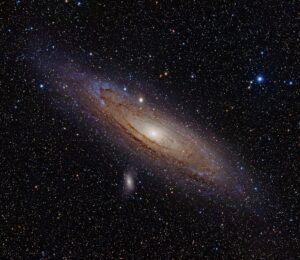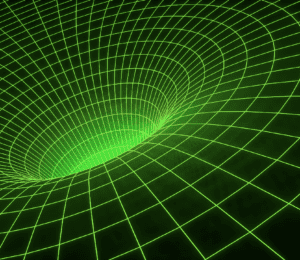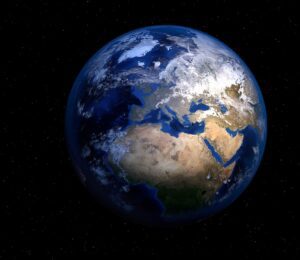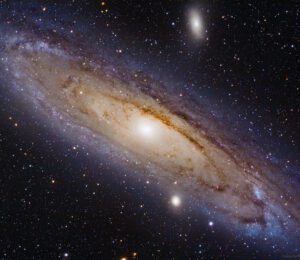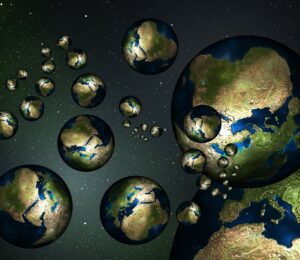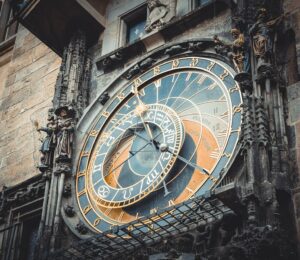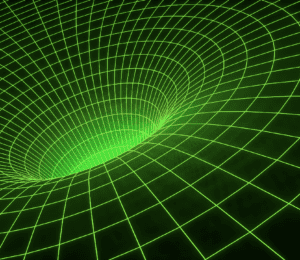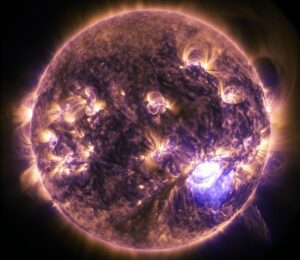The Multiverse
The multiverse has been proposed as a means for getting around the statistical impossibility of forming the universe by chance. A statistical impossibility is frequently taken as being any event that has less than one chance in 10^200. This number is chosen as the maximum number of events that could transpire since the universe began. This is derived as the number of cubic Planck lengths in the observable universe (3.6E+132) times Planck times since the universe began (2.4E+62) calculated from terms given here. Since this number is easily exceeded by the chance of several finely tuned physics constants to be… Read More »

